Experience German bread, Argentine dumplings, and wear traditional Kente cloth made in Ghana to feel the warmth of the African people. Paint beautiful blessings on your arms with Malaysian henna artwork and try your hand at the game of “touhu” to win exquisite small gifts… On October 21st, the 20th International Cultural Festival of Peking University opened. On the occasion of its 20th anniversary, Peking University’s “Blue Swallow” program was officially launched. With the inspiration from this program, more international students from Peking University will engage in volunteer services in communities to help international students in China better understand Chinese culture and promote cultural exchange between peoples around the world.
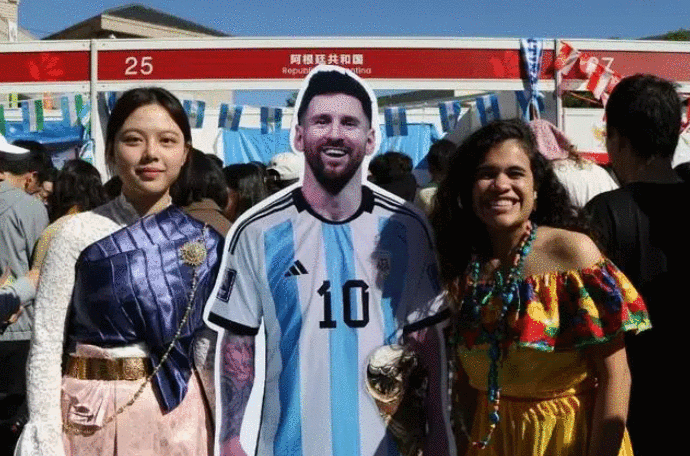
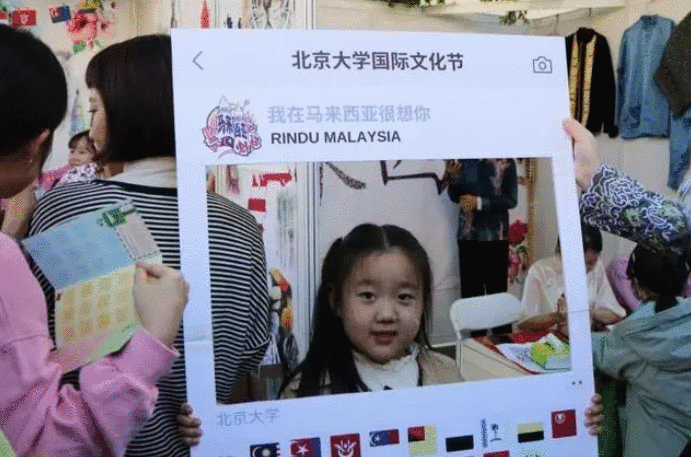
Since the first International Cultural Festival was held at Peking University in 2004, it has now been twenty years. From the beginning of the century to the new era, Peking University’s International Cultural Festival has always changed with the times, constantly innovating its forms and enriching its content. Now, it has developed into an annual event showcasing exotic cultures and promoting communication among different countries.
At the opening ceremony of this year’s International Cultural Festival, Peking University’s “Blue Swallow” program was officially launched, which was also a highlight of the festival. Inspired by this program, more international students from Peking University will contribute their youth and energy through volunteering in communities, participating in regional development practices, helping international students in China better understand Chinese culture, and playing a positive role in promoting cultural exchange between peoples around the world.
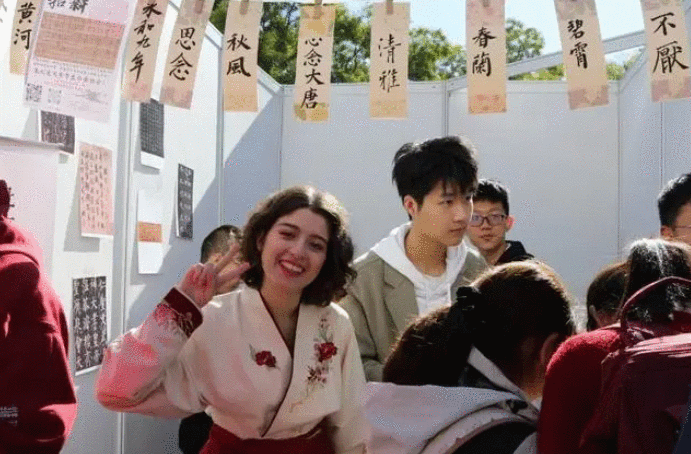
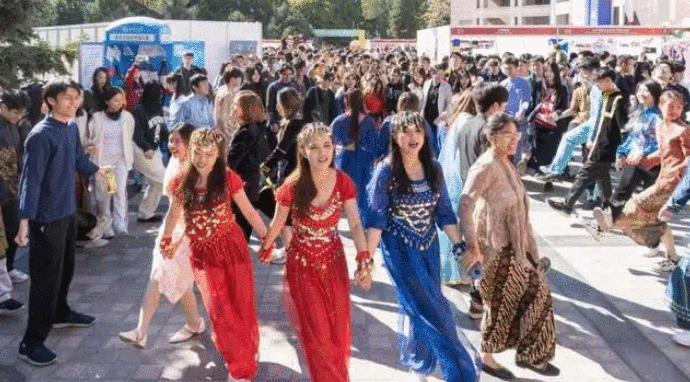
After the opening ceremony, the long-awaited themed carnival officially began, with international students from various countries bringing their most characteristic and delicious, entertaining, and visually appealing exhibits to the scene. At the carnival, visitors can get a stamp map at the entrance, collect stamps from more than 30 booths, and receive exquisite souvenirs of the International Cultural Festival.
At the Ghana booth, Yang Guang, a Ghanaian student who speaks fluent Chinese, showed the Beijing Youth Daily reporter traditional clothing made of Kente cloth, a traditional fabric from Ghana. “Today, I brought clothing in different styles from northern and southern Ghana. In Ghana, you can tell whether someone is from the north or the south just by looking at their clothes,” Yang Guang said. In addition, at the Ghana booth, a traditional board game made from dried seeds of a unique tree species in Ghana also attracted a lot of attention. Yang Guang explained that it was made from seeds of a specific tree in Ghana after they were dried.
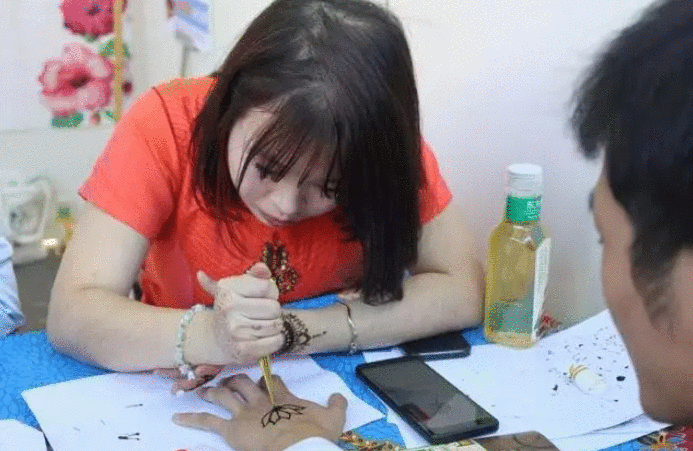
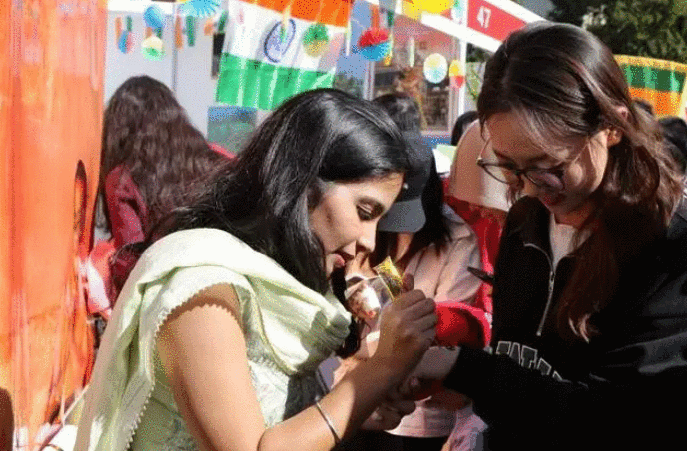
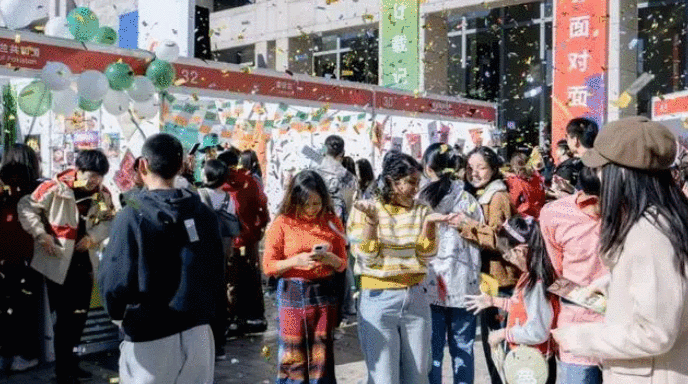
At the Argentina booth, a quiz testing visitors’ knowledge about Argentina attracted many participants. Tingting, an Argentine student, told that they set up tests such as guessing famous figures in Argentina based on pictures and reading the names of soccer stars in Spanish. They hope to let Peking University students have a comprehensive understanding of Argentine culture through these interesting quizzes and traditional food, such as Argentine dumplings.
This year’s International Cultural Festival will launch a series of activities including the Image World Film Festival, joint performances by Chinese and international students, theme photography exhibitions, and an exhibition of international cultural achievements, in addition to the traditional events such as the carnival and food festival.
Over the past twenty years, Peking University’s International Cultural Festival has continuously expanded its duration and deepened its content: from initially having only a few hours of exhibition activities, it has evolved into a series of branded projects lasting for half a year with diverse forms; from small-scale planning for exchange among international students, it has extended to become a unique channel for two-way communication between Chinese and international students and telling the story of Peking University to the world.








